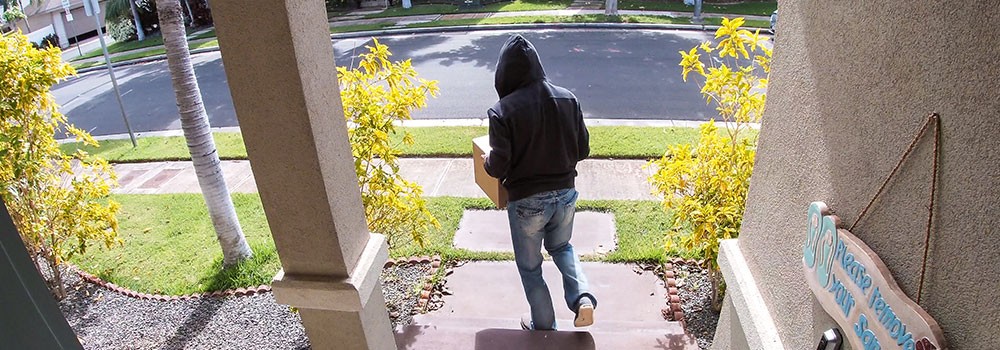This is legal information, not legal advice. If you want legal advice, call for consultation: 416-583-1510 ext. 2
Section 354(1) of the Criminal Code states that it is an offence for an individual to possess any property, item, or proceeds that they know was obtained, directly or indirectly, from the commission of a criminal offence in Canada. The offence is established if the accused person knows that the property or proceeds are tainted by criminal activity.
The key elements of the offence of possessing stolen property are:
Possession: The accused person must have actual physical possession or control over the stolen property, item, or proceeds.
Knowledge: The accused must have knowledge that the property or proceeds were obtained through criminal activity. This knowledge requirement is essential to prove the offence.
Tainted Origin: The property or proceeds must have a tainted or criminal origin, meaning they must have been derived directly or indirectly from the commission of an offence under the Criminal Code or any other Act of Parliament.
The underlying crime that led to the acquisition of the property or proceeds must be one that is punishable by indictment. Indictable offences in Canada are generally more serious crimes.
Penalties for possessing stolen property in Canada can vary depending on factors such as the nature of the property, the value of the property, and the circumstances of the case. Convictions for this offence can result in fines, probation, community service, or imprisonment, depending on the severity of the offence.
A person charged with possessing stolen property may have a defence if they can show that they did not know the property was stolen or they had a reasonable belief that the property was not connected to criminal activity.
